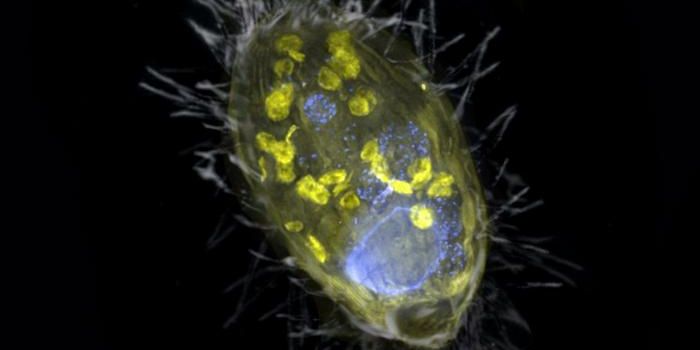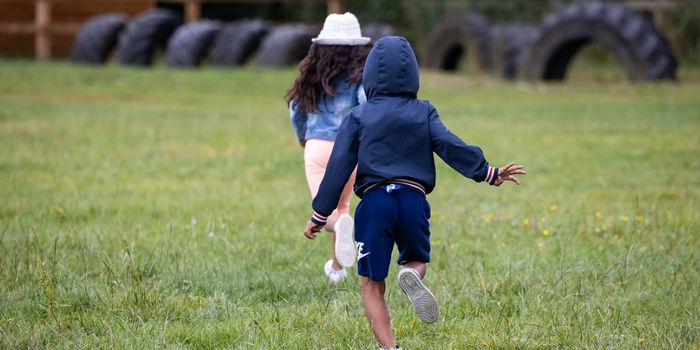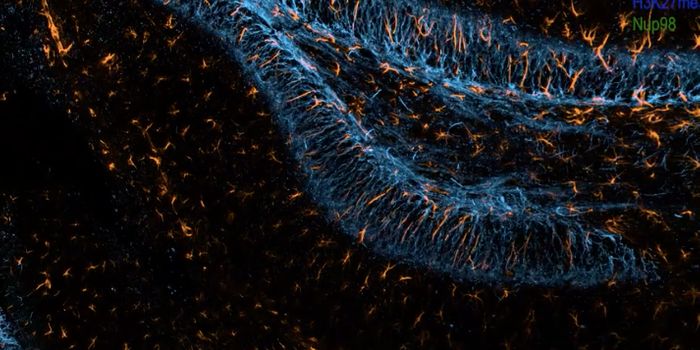Genetic Analysis Reveals Ongoing Evolution in Europeans
The biology of organisms can be affected by environmental pressures through the genome. For example, if a genetic mutation gives the plumage of a bird better camouflage, more of those birds will survive to pass on that trait, and the gene conferring that trait will become more widespread in the population. Natural selection is thought to act on the human genome too. Researchers have now found fairly recent evidence of evolution in the genomes of European individuals; these genetic changes happened in people that have lived over the past 2,000 to 3,000 years. The work, which was reported in Nature Human Behavior, analyzed 870 complex or polygenic traits (that involve more than one gene), and found that natural selection has acted on 88 percent of those traits, and that action is nearly constant.
The study authors noted that not many studies of natural selection in humans have focused on evolutionary changes that happened more recently; many studies have been performed on ancient DNA that has been recovered from old fossils of Homo sapiens and our relatives, like Neanderthals or Denisovans. This work has revealed, however, that evolution seems to be ongoing in the human population, even now.
The research indicated that traits that are involved in body measurements, heat regulation, nutritional intake, and pigmentation are under selection across different time scales. Changes in the pigmentation of the skin may be related to ultraviolet light exposure, the study authors suggested; early inhabitants of Europe are thought to have had dark skin that got lighter over time. Heat regulation and vitamin intake changes may be due to climate.
This research took advantage of the huge amount of human genetic data in the UK Biobank, but the study authors noted that the research is also limited by the use of European genomes, and genome-wide association data that can identify connections that are not necessarily related to cause-and-effect. Genetic data from the remains of people that have lived over the past few thousand years, which was held by various institutions, were also used in this study. This way, the modern human genetic data could be compared to the human genetic data from the past 2,000 to 3,000 years.
Additional work will be needed to understand how natural selection may currently be impacting the evolution of the human genome in other groups.
Source: Nature Human Behavior









